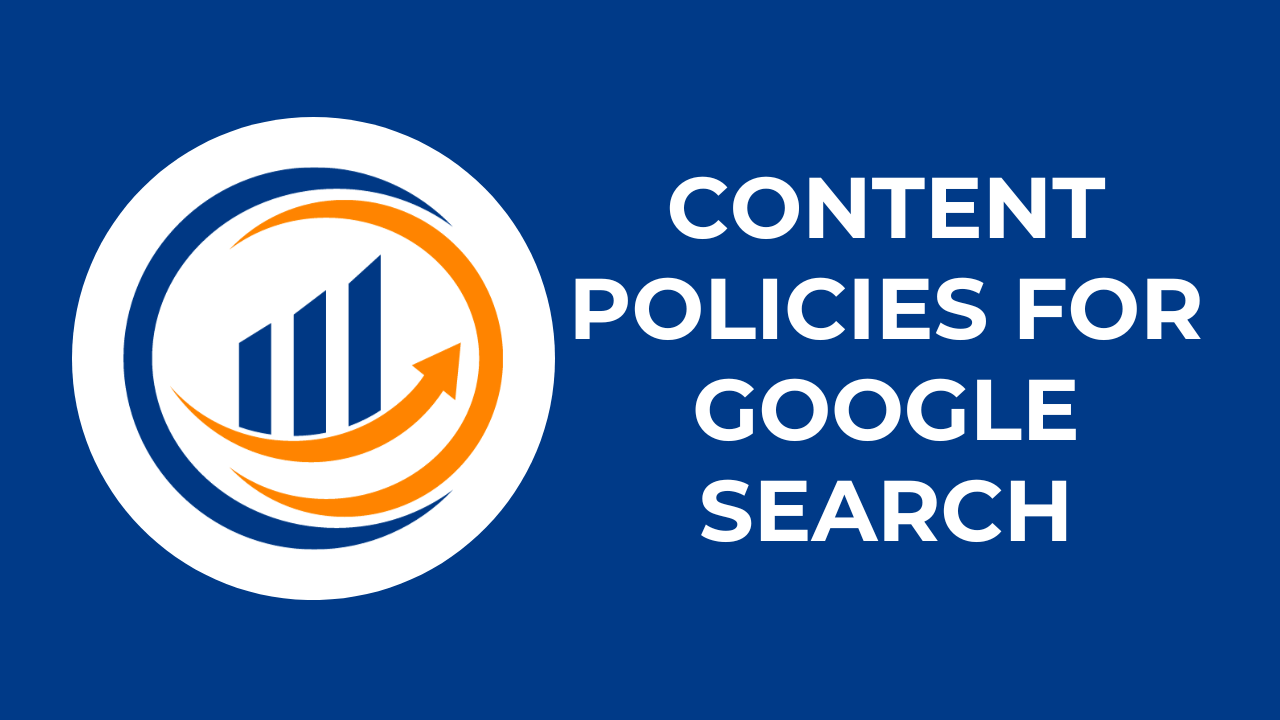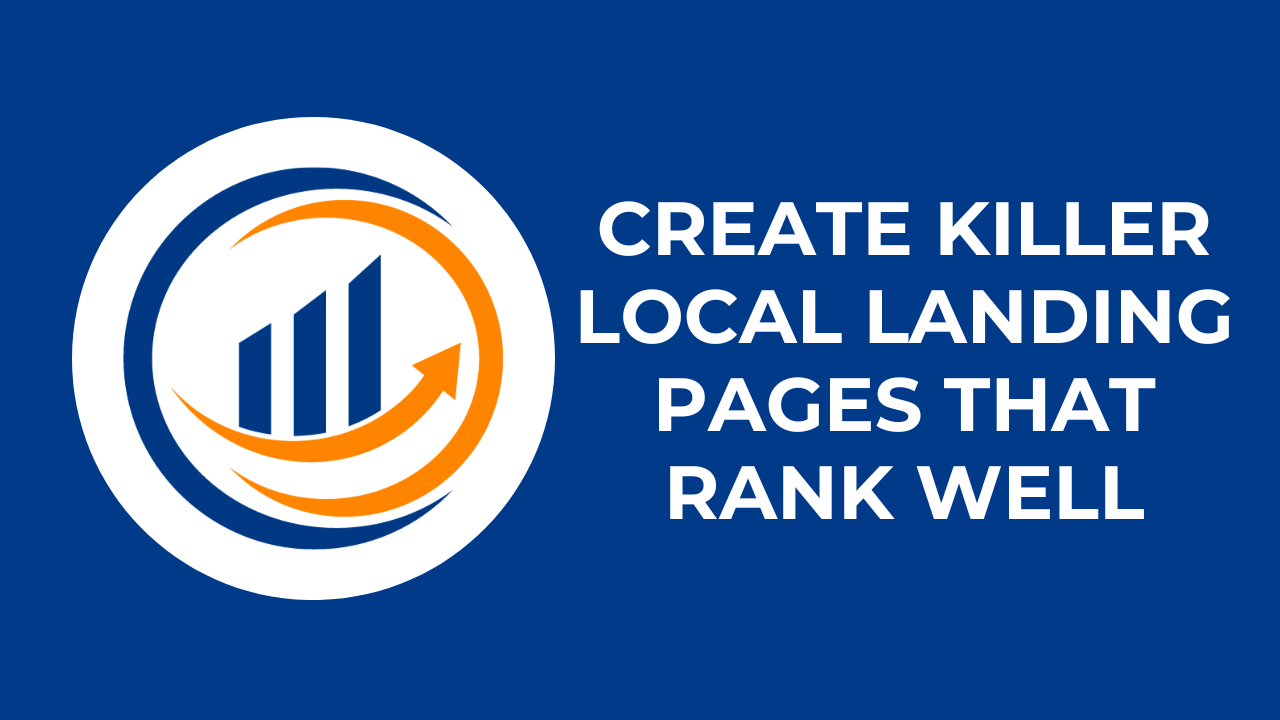Did you know that stuffing a webpage with irrelevant keywords is considered a form of spam content by Google? This practice, known as keyword stuffing, can harm your website’s credibility and search ranking.
Understanding what constitutes spam content and Google’s strict policies surrounding it is crucial for website owners and digital marketers alike.
Dive into the complexities of identifying and avoiding spammy practices to ensure your online presence remains in good standing.
Understanding Spam Content
Understanding content spam involves recognizing deceptive tactics used to manipulate search engine rankings and degrade user experience. Content spam violates Google’s spam policies by employing techniques like keyword stuffing and hidden text.
Keyword stuffing involves overloading content with keywords to manipulate search rankings artificially. On the other hand, hidden text involves inserting keywords or links that aren’t visible to users but can be detected by search engines. These tactics aim to deceive search algorithms and boost a website’s visibility unfairly.
However, such practices can lead to Google penalties, impacting a website’s credibility and search ranking. To avoid penalties and maintain a positive online reputation, it’s essential to adhere to Google’s spam policies and focus on providing valuable and relevant content to users.
Google’s Spam Detection Techniques
To effectively combat web spam, Google employs advanced spam detection techniques and constantly updates its policies to address evolving abusive practices. By utilizing sophisticated algorithms, Google’s search engine can identify and take targeted action against low-quality content to ensure it doesn’t unfairly influence search rankings. This proactive approach helps maintain the quality of search results and prevents websites from manipulating their way to the top.
Through manual actions, Google can intervene when websites violate spam policies, ensuring that users receive accurate and valuable information. These manual actions serve as a safeguard against deceptive practices that compromise the integrity of search results. By focusing on promoting quality content and thwarting attempts to game the system, Google works to provide users with the most relevant and trustworthy results possible.
Common Spammy Practices
You may encounter common spammy practices when websites aim to manipulate search engine rankings.
Keyword stuffing involves excessively using keywords in content to artificially boost visibility, which can make the content less valuable and user-friendly.
Cloaking is a deceptive technique where different content is shown to search engines compared to what users see, misleading both users and search engines.
Additionally, hidden text and scraped content are also prevalent spammy practices used to manipulate search engine rankings.
Hidden text involves hiding keywords or links within the content to manipulate rankings, while scraped content involves copying and republishing content from other sources without permission.
These practices not only violate search engine guidelines but also create a negative user experience by providing misleading or irrelevant information.
It’s important to avoid these practices to maintain a trustworthy and valuable online presence while respecting both users and search engines.
Consequences of Using Spam Content
Using spam content on your website can result in severe consequences that impact your credibility, visibility, and overall search engine performance. Engaging in spam tactics may lead to Google penalties, causing decreased credibility and lower conversions.
Your website’s search engine performance could suffer, leading to diminished visibility and potentially harming your reputation in the long term. Google’s sophisticated spam-detection systems are designed to combat websites that use spam content, aiming to enhance search quality for users.
Violating Google’s spam policies through the use of spam tactics can trigger manual actions that necessitate specific steps for recovery. It’s essential to be vigilant in monitoring your website’s compliance with Google’s guidelines to avoid facing such penalties and maintain a positive online presence.
Tips for Avoiding Web Search Spam
Implementing best practices is crucial to evade web search spam and maintain a strong online presence. To avoid falling into the trap of search engine penalties, focus on creating relevant content that aligns with Google’s guidelines. Ensure your content is of high quality and adds value to users, following the E-A-T framework.
Avoid keyword stuffing, as it can lead to penalties and decreased visibility on search engines. Regularly conduct site audits to check for any spammy elements or practices that could harm your site’s reputation. Stay informed about Google’s spam policies and be proactive in adapting your content marketing strategies to comply with the latest guidelines.
Utilize tools like Google Search Console to monitor any manual actions and address them promptly. By staying vigilant and maintaining ethical practices, you can safeguard your website from being flagged as spam and continue to attract organic traffic.
Frequently Asked Questions
What Is Google Search Spam?
Google search spam refers to deceptive practices to manipulate rankings, like keyword stuffing or hidden text. Violations lead to penalties, affecting search visibility. Keep your content genuine to avoid penalties and ensure high-quality user experience.
What Is Spammy Content?
When you encounter spammy content, it typically involves deceptive tactics like keyword stuffing and hidden text. Such practices harm user experience and violate search engine guidelines, resulting in penalties that impact a website’s visibility and credibility.
What Policy Does Google Have Against Scrapped Content?
Google has a strict policy against scraped content. If you republish content without adding value, you risk penalties like lower visibility. Focus on creating original, high-quality content to avoid being penalized by Google. learn more here
Conclusion
In conclusion, it’s crucial to understand what spam content is and how Google’s web search spam policies play a vital role in maintaining the quality of search results.
By avoiding spammy practices and focusing on delivering high-quality, relevant content, you can ensure that your website remains in good standing with Google.
Remember to monitor for any penalties and take prompt action to address them if necessary. Stay informed and proactive to protect your website’s search visibility.




